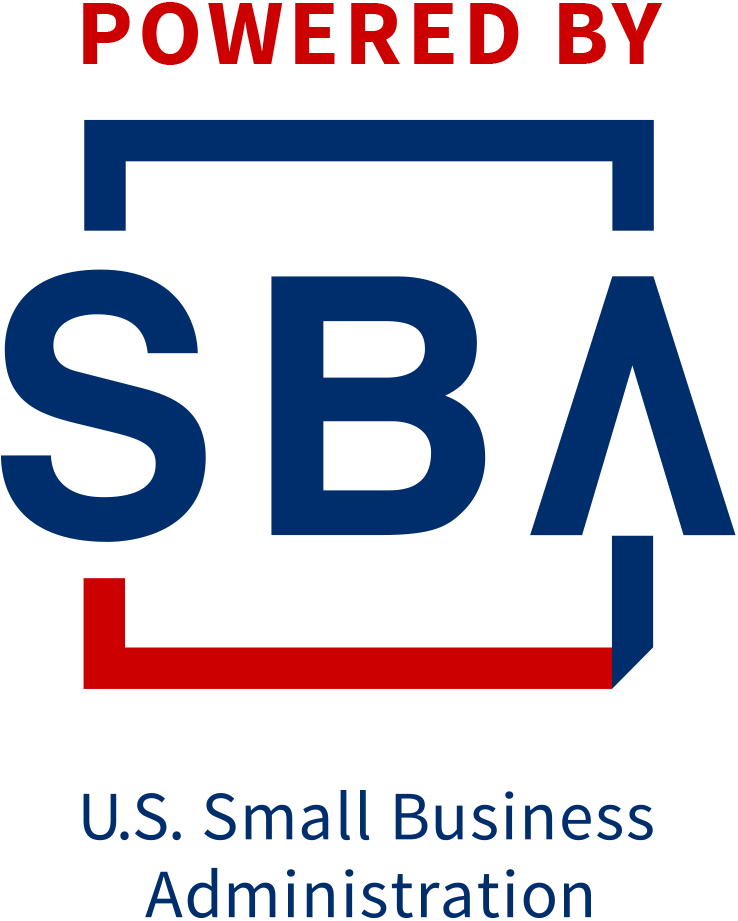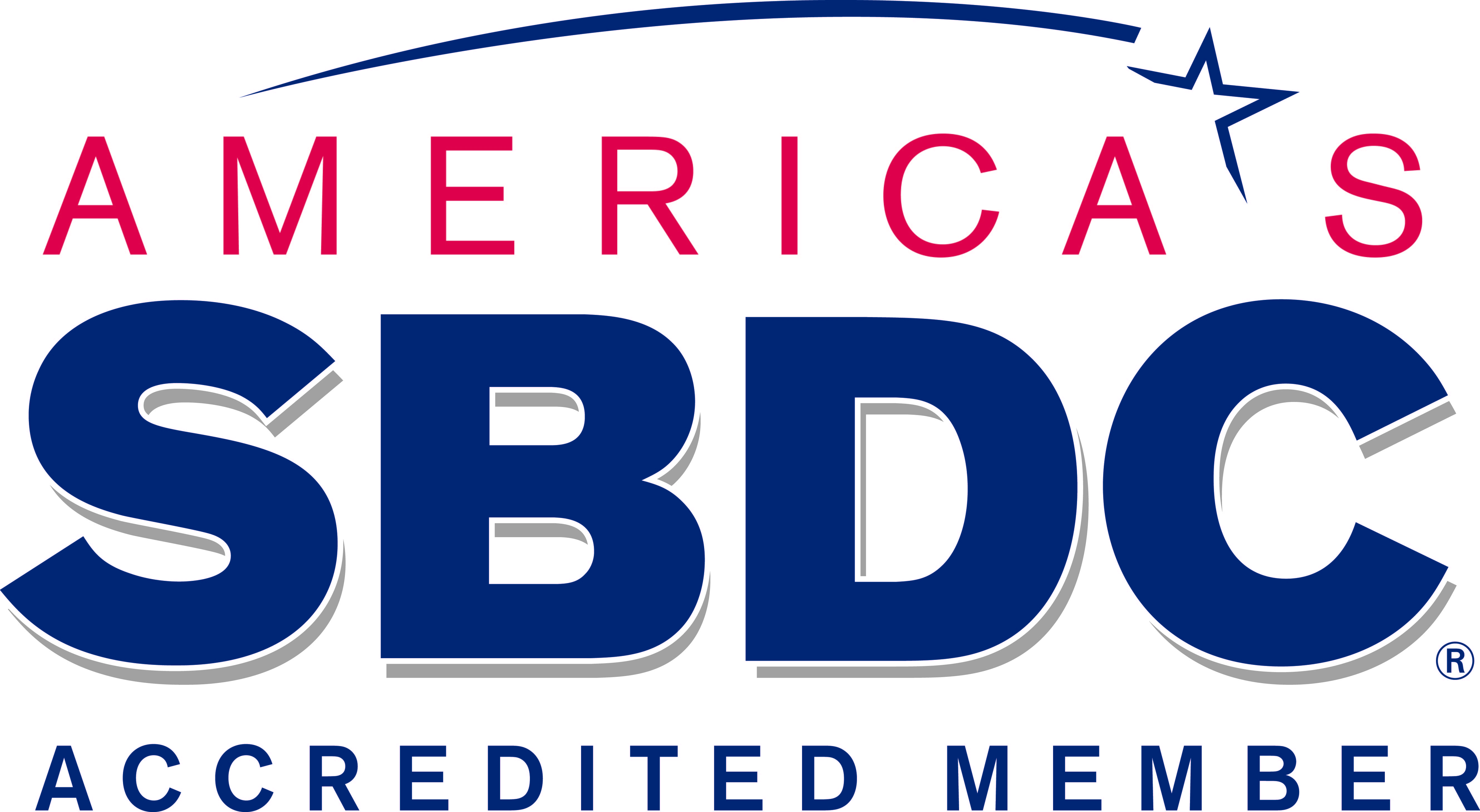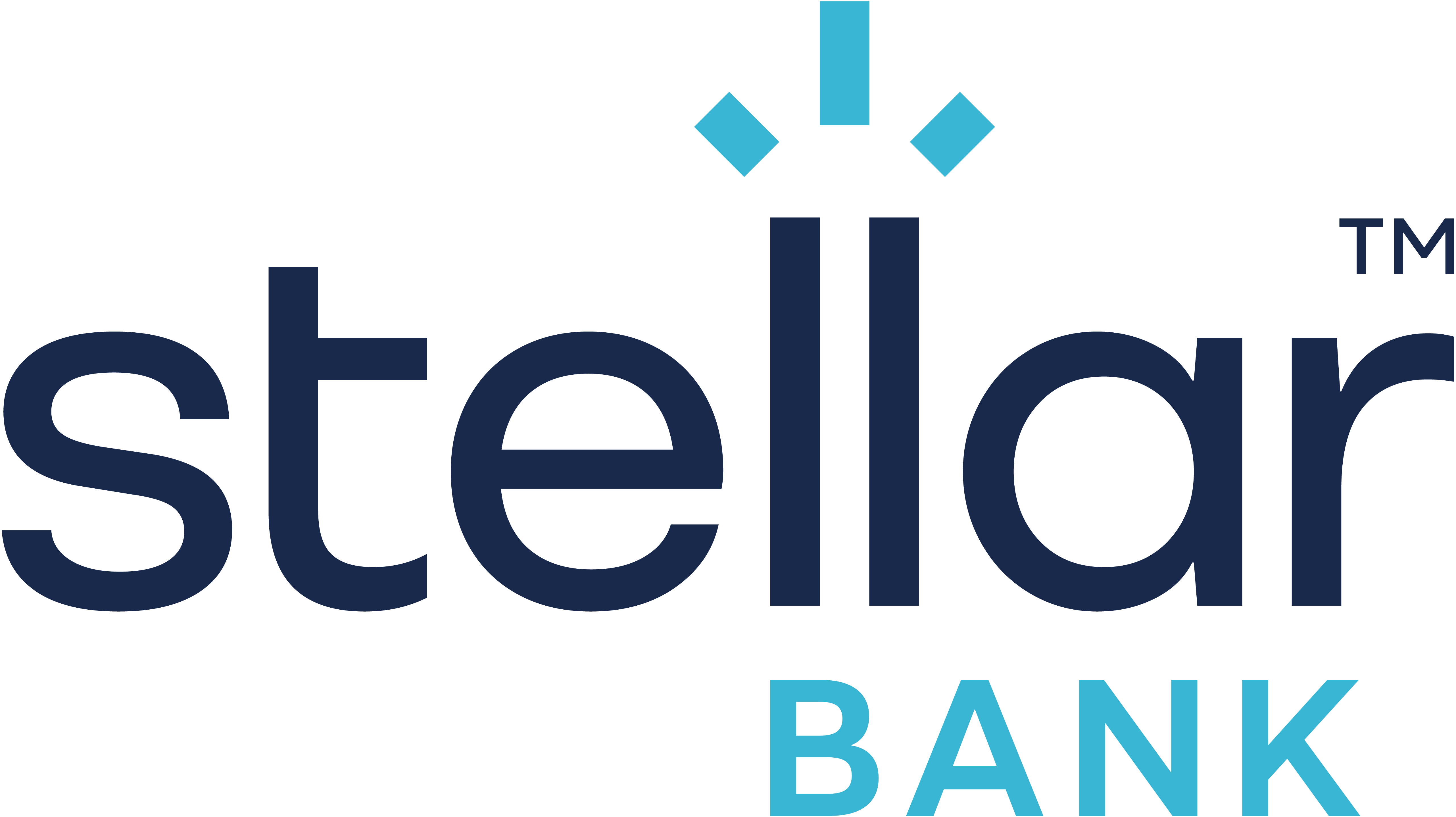Five Tips to Getting Your Small Business Loan Approved
By: Tatyana Parham
Regardless of the type of business, at some point all small business owners have to figure out how to secure business funding. Getting approved for a small business loan in today's economy can be challenging, but proactively learning the lender's requirements for approval will help you avoid wasting your time and energy during the loan application process. Some of the most popular types of small business loans available include PPP for small business, SBA Disaster loans, SBA small business loans, and small business term loans. Taking the time to diligently prepare for the loan application process can increase your odds of getting approved for a loan from both traditional and online lenders.
Below, we've listed 5 small business loan tips to improve your chances of getting approved.
Focus on Building Good Credit
In order to determine risk level for each borrower, lenders consider both your business and personal credit history. Small business lenders review your personal credit history as an indicator of how well you manage and repay debts, such as credit cards and a mortgage. Your credit score is made up of five factors: payment history, credit utilization, credit age, account mix, and credit inquiries, with payment history and credit utilization accounting for the bulk of your score.
If you're worried that your personal credit history will jeopardize your chances of getting approved for loans for small businesses, you can take steps to improve your credit and get back on track. To boost your score in a short period of time, you can focus on paying bills on time, disputing inaccuracies on your report, and utilizing less of your approved credit line.
Create a Detailed Business Plan
A strong business plan is a detailed blueprint for your overall small business strategy. When seeking loans for small businesses, a comprehensive business plan can clearly illustrate your business's strategic vision while demonstrating your ability to sustain enough cash flow to manage ongoing business expenses and future loan payments. Some of the most common elements included in an effective business plan are:
- Executive Summary
- Company Description
- Products and Services
- Market Analysis
- SWOT Analysis (strengths, weaknesses, opportunities, and threats)
- Marketing and Sales Strategy
- Financial Analysis
When you optimize your business plan to be an organized general overview of your business's strategy and performance, small business lenders will have more confidence in your business's ability to potentially repay loans.
Decide How You Will Use the Money
Within your newly optimized business plan, you should transparently detail the intended purpose of the loan, how much you plan to borrow, and how the proceeds will be used to grow or sustain your business. Some of the most beneficial ways to use a small business loan include:
- Increasing sales and marketing efforts
- Updating products and technology
- Expanding your company
- Buying inventory and equipment
- Capital investments
- Administrative investments
- Hiring Additional Staff
Although there are several valid reasons to apply for loans for small businesses, lenders tend to prioritize companies that borrow money for purposes that contribute long-term value to your business or make a positive economic impact on the community, such as purchase of real estate or expanding to hire more local workers.
Organize Financial and Legal Documents
One of the best small business loan tips is to gather important financial and legal paperwork ahead of time, so that they will be ready to share with potential lenders upon request. Banks and other traditional lenders typically require more paperwork than online lenders, who commonly have a more streamlined application process. Depending on the type of loan you are applying for, documents that may be requested by small business lenders include:
- Photo ID
- Federal Tax ID
- Articles of Incorporation
- Personal and business bank statements
- Personal and business income tax returns
- Balance Sheet and Income Sheet
- Projected financial statements
- Commercial leases
- Business licenses
Prepare to Offer Collateral
In the event that you are unable to repay your loan, lenders will want a way to recoup some of their losses. A way to ensure debt repayment is by offering collateral with your loan application, which is similar to a security deposit and may consist of the collection of accounts receivable, land, or equipment. In addition to collateral, some small business lenders require a personal guarantee as financial protection in the case of defaulted loan payments. This type of personal guarantee can be problematic, however, because it puts the principal owner's assets and business assets at risk.
When seeking funding for your business, use these small business loan tips to help improve your chances of getting approved. Learn more about additional resources from The UH SBDC Network for small business financing opportunities, such as COVID-19 Grants.







